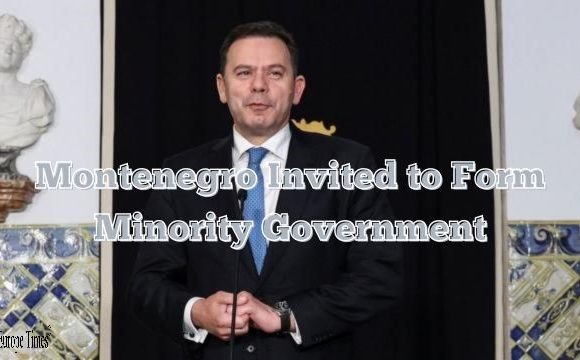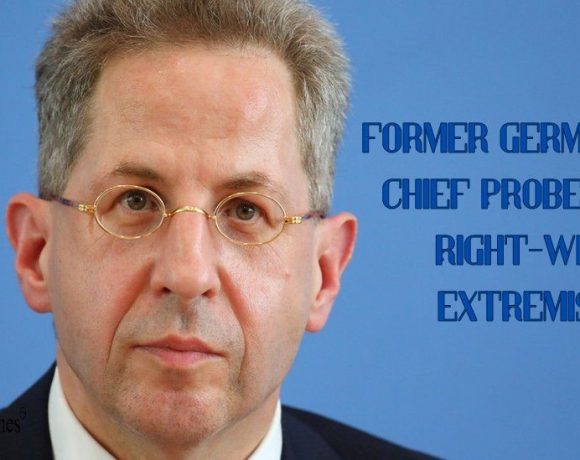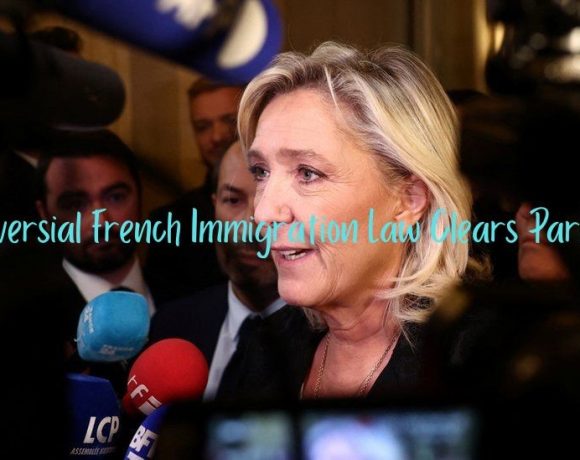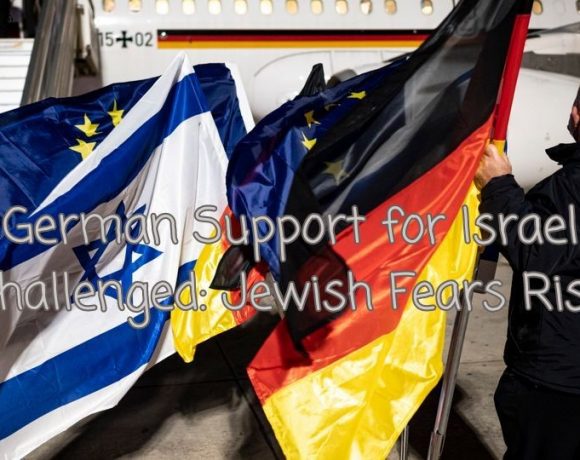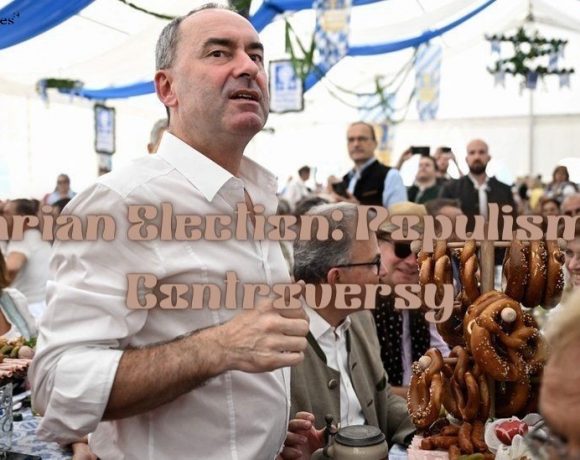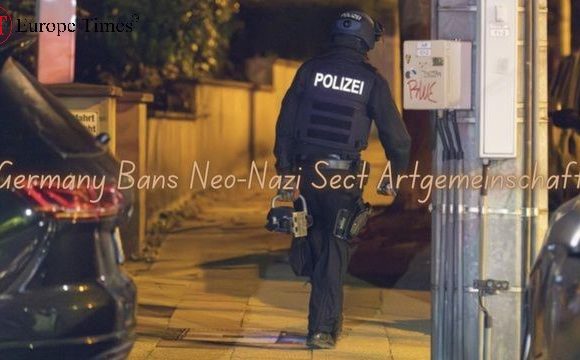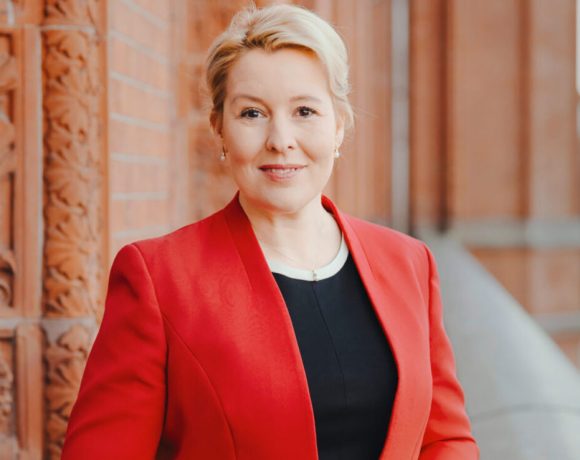
In the latest string of assaults targeting German politicians, Franziska Giffey, a prominent figure in the centre-left SPD and former mayor of Berlin, was attacked in a local library. She was struck on the head and neck with a bag containing hard objects. This incident follows several other assaults on politicians and campaign workers, particularly in eastern Germany.
Matthias Ecke, a lead candidate for the upcoming European elections, was seriously injured in Dresden while putting up posters, allegedly attacked by four individuals, at least one of whom has ties to the far right. Additionally, a campaign worker for the Greens was assaulted, and a female Greens politician was pushed and spat on while putting up posters, with the perpetrators reportedly making Nazi salutes.
Giffey expressed shock at the attack, emphasizing the unacceptable trend of violence against those involved in politics. Police have identified a suspect but have not disclosed further details. There’s growing concern among politicians and officials, with calls for better legal protection against such attacks.
Interior ministers from federal and state levels convened to discuss responses to these assaults, acknowledging a worrying escalation in physical violence against politicians. The far-right AfD party, aiming for significant gains in upcoming elections, is embroiled in espionage allegations, adding to the political tensions in Germany.
Picture Courtesy: Google/images are subject to copyright


